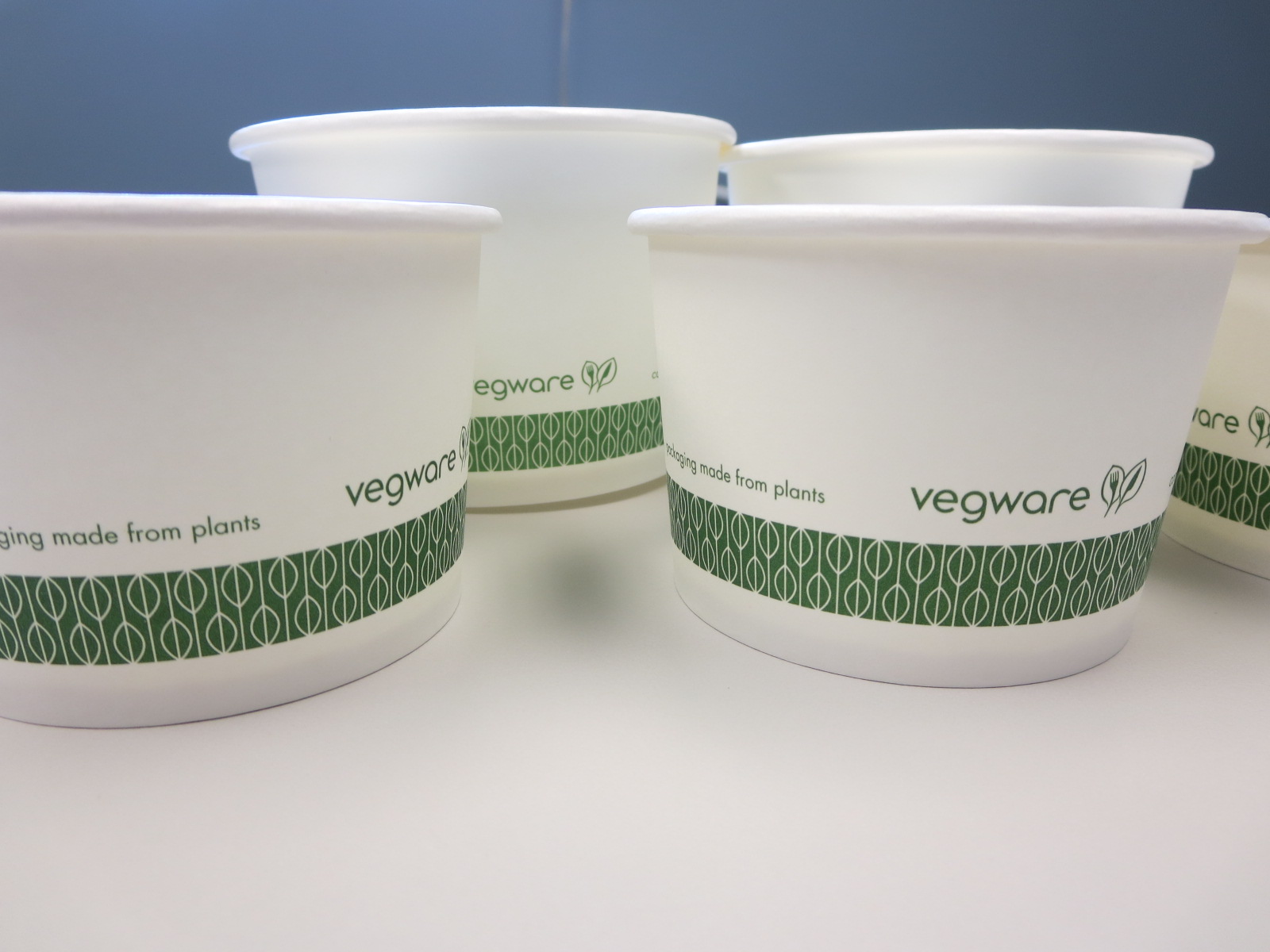The nightcrawler (Lumbricus terrestris) is basically a large earthworm that comes to the surface during the night. They can measure up to 9 inches in length and up to ½-inch in diameter. They have a distinct, darker colored "head" and a "tail" that tends to be more flattened than the head and lighter in color.
They provide natural aeration of soil, allow water and oxygen to penetrate the ground more easily. Their feeding and excrement helps recycle nutrients and fertilize the soil.
Nightcrawlers can be used for composting as they help break down organic wastes into a very valuable (black soil) compost. Nightcrawlers are beneficial earthworms that are beloved by homeowners, gardeners, and fishermen!
POLLUTING OCEANS, LAKES & STREAMS
Nightcrawlers are also one of the most popular and best baits any angler can use. Versatile, affordable, and effective for catching a variety of fish, they are available for purchase at most sporting goods stores and marinas.
Sold by the dozen and kept fresh in a cool, dry environment such as a refrigerator, night crawlers and similar type baits are commonly stored and sold in plastic or Styrofoam containers containing worm bedding or soil. Unfortunately, the sale of nightcrawlers as bait is causing pollution across our country’s lakes and streams.
Styrene or polystyrene is the industry name for the plastic foam that most of us call “Styrofoam”. Polystyrene and polyethylene products are made with petroleum, and a number of other non-sustainable, toxic and heavily-polluting ingredients. It’s essentially not recyclable and virtually never breaks down. Many people say you should never use these again.
Walk along any creek, lake, or pond and you’ll unfortunately notice these foam containers (and lids) polluting the waterways. Sadly, this litter will be there forever. Bad for planet Earth, polystyrene and polyethylene bait containers are threatening wildlife, ruining scenic views and upsetting both land owners and nature lovers. We are proud to announce we have a better Eco-friendly container for our planet and waterways.
Made from PLA, a compostable plant-based material, polyactic acid is a plastic substrate made from fermented plant starch (corn). PLA based products are fast becoming a popular alternative to traditional petroleum based products.

These sturdy, strong and Eco friendly Vegware™ food or soup containers and lids are ideal replacements for bait, and can be given a new life as compost, since they are made of plant based material certified to degrade within 12 weeks per ASTM D6400 test standard!
These custom printable compostable containers are available with an optional lid in the following sizes:
VegWare™ crisp white plant-based constructed containers can withstand the heat and cold and won't turn soggy. They're nestable and feature an award winning Green Leaf band design that showcases sustainability.
If these Vegware™ containers are left along our waterways, they will naturally break down, making them a better solution for fisherman, hunters, and our planet. Replace those nasty food containers and convert to ours! Used for pasta, ice cream sundaes, yogurt, pastas, soups, stews, cereal, hot oatmeal, or as a denture soak!
DID YOU KNOW?
Over 100+ North American, European and Asian cities have banned polystyrene food packaging altogether as a result of the negative impacts to humans and the environment. Even McDonald’s saw the pitfalls of polystyrene and switched containers years ago. What are you waiting for?